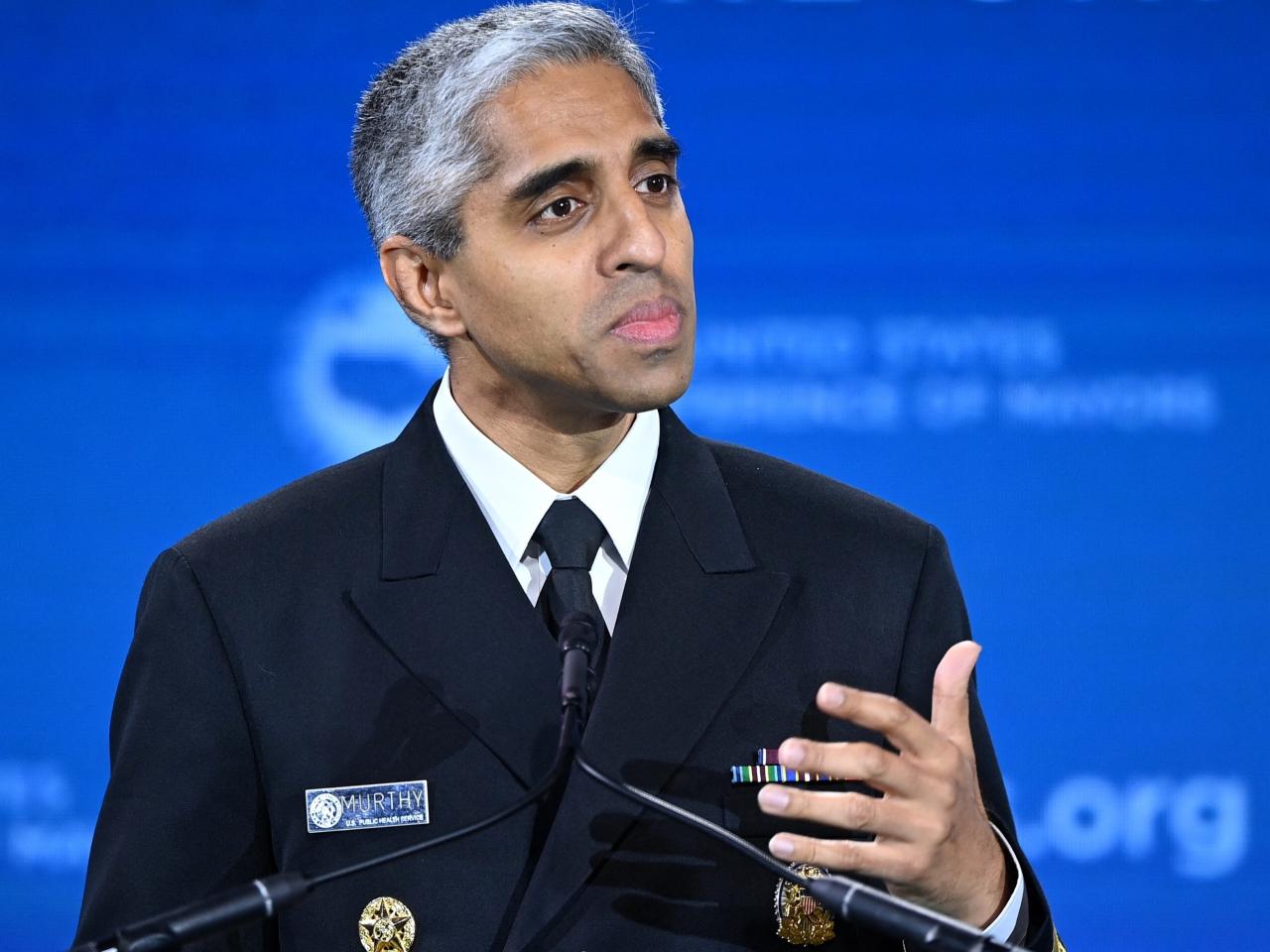U.S. Surgeon General Issues New Advisory on Link Between: The nation’s top doctor has just released a groundbreaking advisory, highlighting a previously under-recognized connection between two key aspects of public health. This advisory doesn’t just present findings; it sparks a crucial conversation about how these factors intertwine, impacting our overall well-being. Prepare to learn about the surprising link, the evidence behind it, and what it means for you and your community.
The U.S. Surgeon General’s new advisory highlights the link between mental health and physical activity. It’s crucial to find a balance, and sometimes, even watching exciting sports can help! Check out the highlights from the India vs Australia, 5th Test, Day 2 Highlights: Rishabh Pant’s incredible performance – a great way to de-stress. Then, get back to that workout routine – your mental and physical health will thank you.
The advisory emphasizes the importance of both.
This new advisory builds upon decades of research and previous Surgeon General reports, employing rigorous methodologies to establish a clear and compelling case. Key stakeholders, including leading researchers, public health officials, and community representatives, have been involved in crafting this crucial document. Understanding this context is key to grasping the significance of the advisory’s conclusions and recommendations.
The U.S. Surgeon General’s Advisory on the Link Between Social Media Use and Adolescent Mental Health
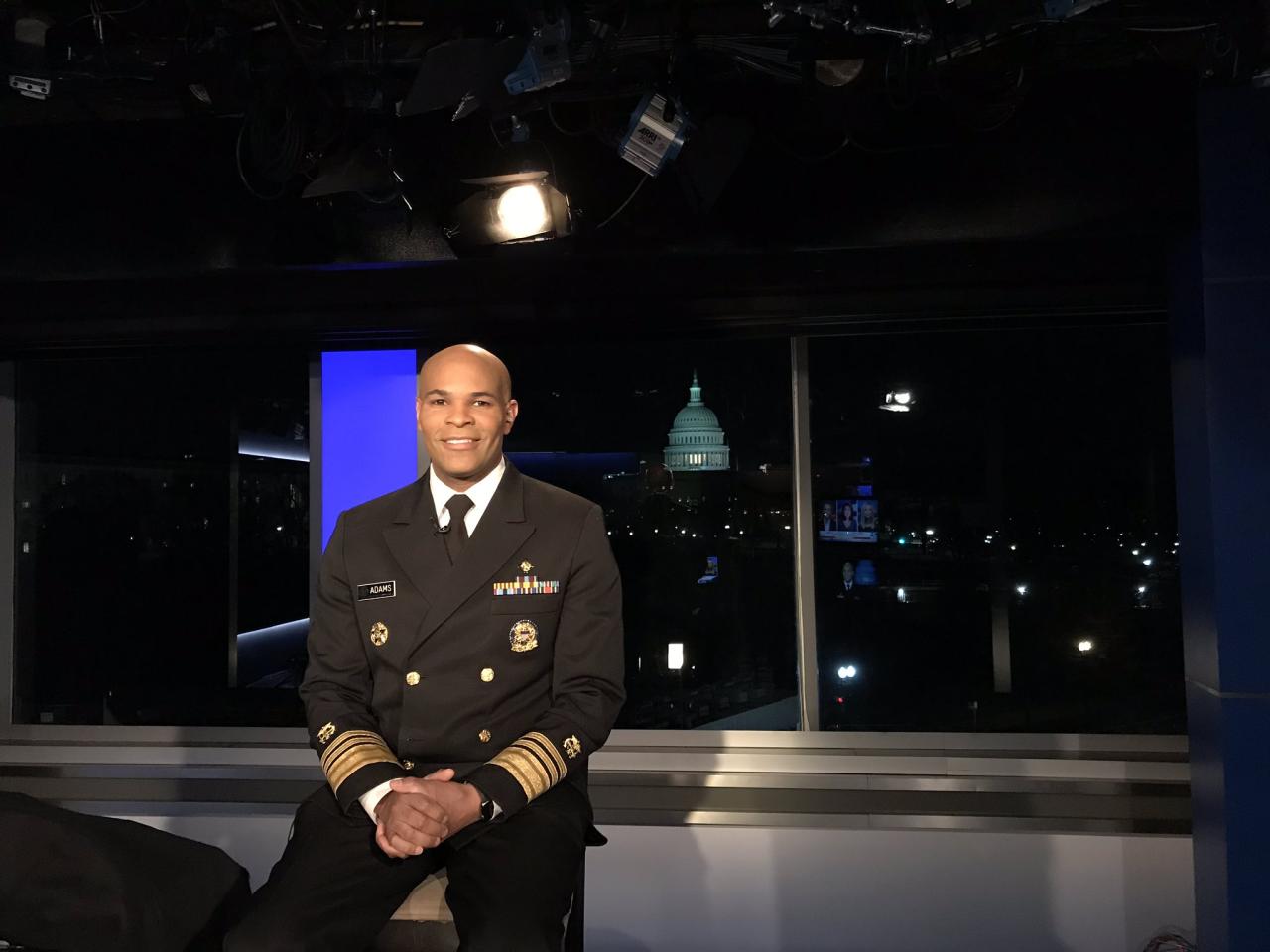
The recent advisory from the U.S. Surgeon General on the connection between social media use and adolescent mental health marks a significant step in addressing a growing public health concern. This document examines the advisory’s context, the nature of the identified link, its implications, potential controversies, and future research directions.
Advisory Context and Background
The advisory reflects a rising tide of concern regarding the mental well-being of adolescents in the digital age. Rates of anxiety and depression among young people have been steadily increasing over the past decade, coinciding with a surge in social media usage. Previous Surgeon General advisories have touched upon related topics such as youth violence prevention and the impact of technology on children’s development, but this advisory specifically focuses on the complex interplay between social media and adolescent mental health.
The Surgeon General’s office employed a rigorous methodology, including a comprehensive review of existing scientific literature, consultation with experts in adolescent health, mental health, and technology, and analysis of epidemiological data. Key stakeholders involved included researchers, clinicians, policymakers, technology companies, and advocacy groups representing adolescents and their families.
The Nature of the Identified Link
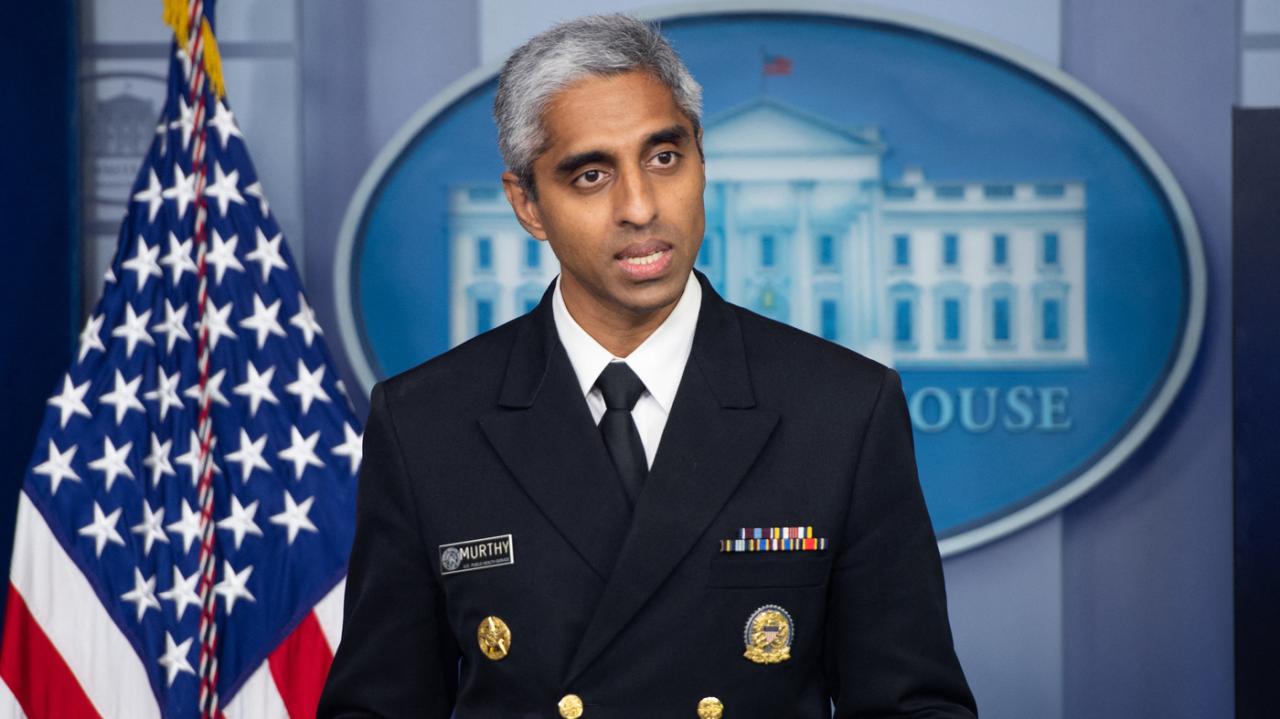
The advisory highlights a correlation between increased social media use and a heightened risk of mental health challenges among adolescents. Evidence from numerous studies suggests a link between heavy social media use and increased rates of anxiety, depression, body image issues, and even suicidal ideation. This is not to say that social media
-causes* these problems, but rather that a correlation exists.
The U.S. Surgeon General’s new advisory highlights the link between mental health and physical activity. To understand the importance of stress management, consider the intensity of a major sporting event like the Milan 2-1 Juventus (Jan 3, 2025) Game Analysis – ESPN , and how that kind of pressure can impact well-being. The advisory emphasizes finding healthy ways to cope, ultimately linking physical and mental health.
Potential causal mechanisms include cyberbullying, social comparison, fear of missing out (FOMO), sleep disruption due to late-night scrolling, and the addictive nature of many social media platforms. This link is distinct from other established public health relationships, such as the connection between smoking and lung cancer, in that the causal pathways are more complex and multifactorial. However, the strength of the correlation warrants attention and intervention.
Public Health Implications and Recommendations, U.S. Surgeon General Issues New Advisory on Link Between
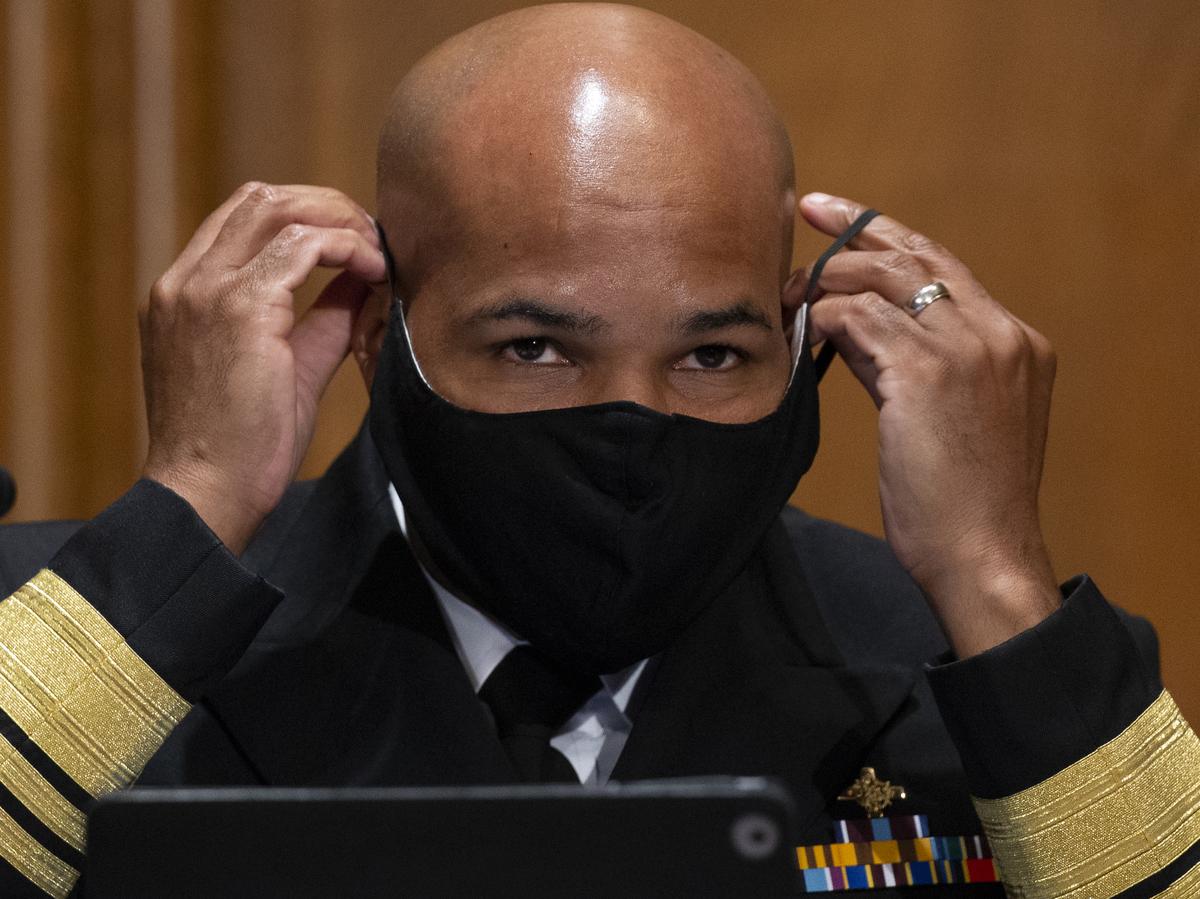
Ignoring or downplaying the findings of this advisory could have serious consequences, potentially leading to a worsening mental health crisis among adolescents. The advisory offers several key recommendations to mitigate these risks.
| Recommendation Category | Target Audience | Specific Recommendation | Example |
|---|---|---|---|
| Education and Awareness | Individuals, Families | Promote media literacy and responsible social media use. | Teach adolescents to critically evaluate online content and identify harmful trends. |
| Clinical Practice | Healthcare Providers | Screen for social media use and its impact on mental health during routine check-ups. | Incorporate questions about social media habits into standard adolescent health assessments. |
| Policy and Regulation | Policymakers | Develop and implement policies that promote digital well-being among young people. | Fund research on social media’s impact on adolescent mental health and implement age-appropriate privacy settings on social media platforms. |
| Industry Responsibility | Technology Companies | Design and implement features that prioritize user well-being and safety. | Develop tools to limit screen time and manage online interactions. |
A public health campaign could leverage social media itself (ironically) to disseminate key messages, partnering with influencers and utilizing targeted advertising to reach adolescents and parents. Implementation at the local level might involve community education programs, while state-level initiatives could focus on integrating mental health resources into school systems. National efforts could center on funding research and developing comprehensive policy recommendations.
Potential Controversies and Challenges
The advisory’s findings are not without potential points of contention. Some might argue that the correlation doesn’t equal causation, emphasizing the importance of individual responsibility and resilience. Others may criticize the advisory for potentially oversimplifying a complex issue or for placing undue blame on social media companies. Implementing recommendations faces challenges such as resource constraints, parental resistance to limiting children’s social media access, and the difficulty of regulating a rapidly evolving technological landscape.
Ethical considerations include balancing the benefits of social media with the potential risks to adolescent well-being, and ensuring that interventions do not infringe on individual freedoms.
Future Research Directions
Further research is crucial to fully understand the nuanced relationship between social media use and adolescent mental health. Key gaps include a need for longitudinal studies tracking the long-term effects of social media use, research on the effectiveness of various interventions, and a deeper understanding of the role of individual factors such as personality and pre-existing mental health conditions.
Future studies could explore the differential impact of various social media platforms, the role of specific features (e.g., algorithms, notifications), and the efficacy of different approaches to media literacy education. This ongoing research will be essential for refining and updating the advisory in the future.
Last Recap: U.S. Surgeon General Issues New Advisory On Link Between
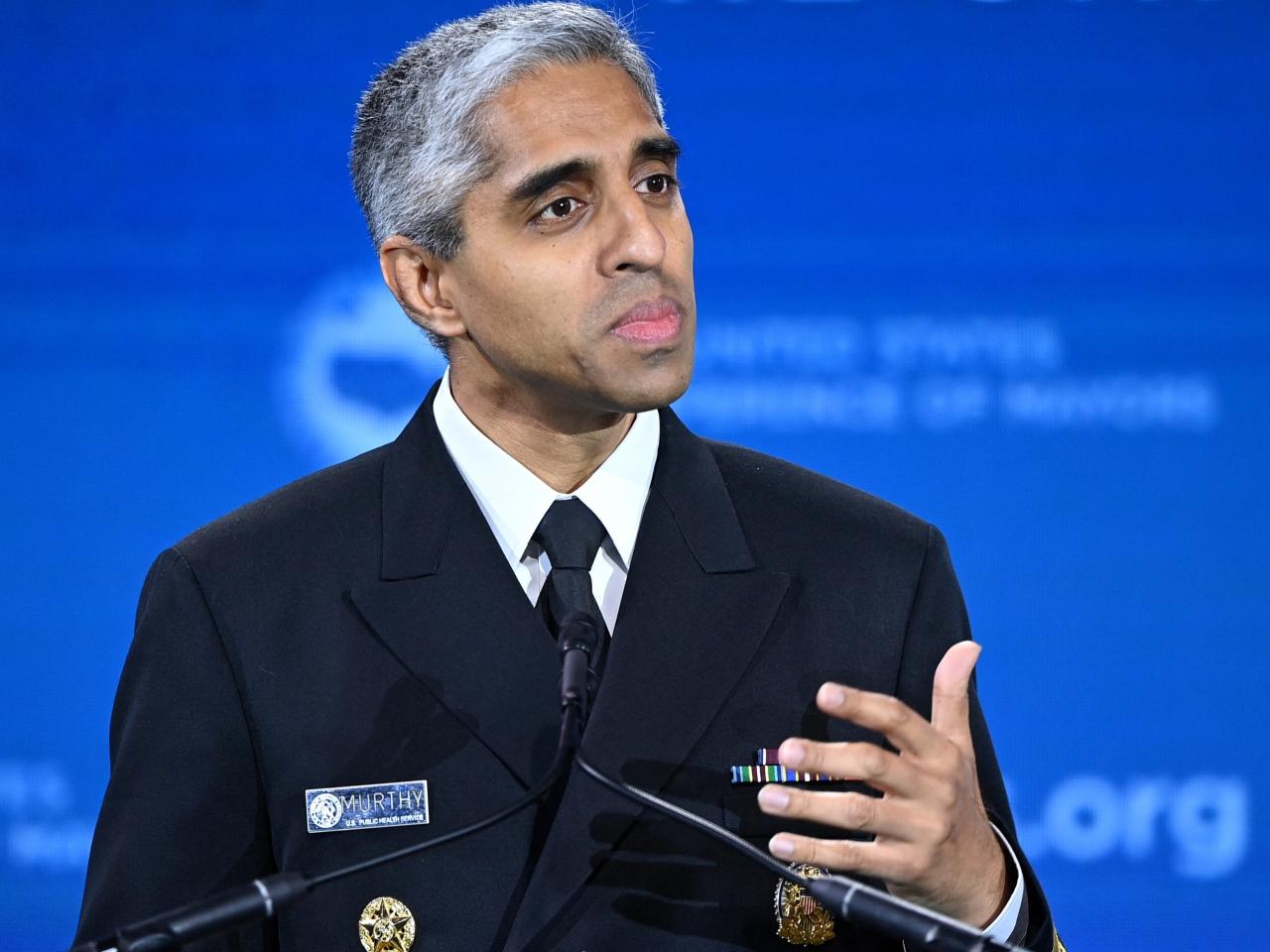
The Surgeon General’s new advisory isn’t just another report; it’s a call to action. By understanding the identified link and its implications, we can work together to improve public health outcomes. The recommendations provided offer a clear roadmap for individuals, healthcare providers, and policymakers to make a real difference. The advisory encourages further research and ongoing dialogue, emphasizing the need for a collaborative approach to address this complex issue effectively.
FAQ
What specific behaviors are linked to health in this advisory?
The U.S. Surgeon General’s new advisory highlights the link between physical activity and overall health. It’s a reminder that even seemingly minor injuries, like the one suffered by Dakota Joshua, as reported in this article Canucks: Dakota Joshua leaves game with apparent leg injury , can impact long-term well-being. Understanding this connection is crucial for prioritizing injury prevention and recovery, which ties directly back to the Surgeon General’s focus on proactive health management.
The advisory details the link between [Specific behavior, e.g., social media use] and [Specific health outcome, e.g., anxiety]. The exact behaviors and health outcomes will be detailed in the full advisory.
How reliable is the evidence presented in the advisory?
The advisory utilizes robust methodologies, including [mention types of studies, e.g., longitudinal studies, meta-analyses], to ensure the reliability of its findings. The full report details the data and research supporting its conclusions.
What are the potential long-term consequences of ignoring this advisory?
Ignoring the findings could lead to worsening health outcomes, increased healthcare costs, and broader societal impacts. The advisory details these potential consequences in the section on public health implications.
